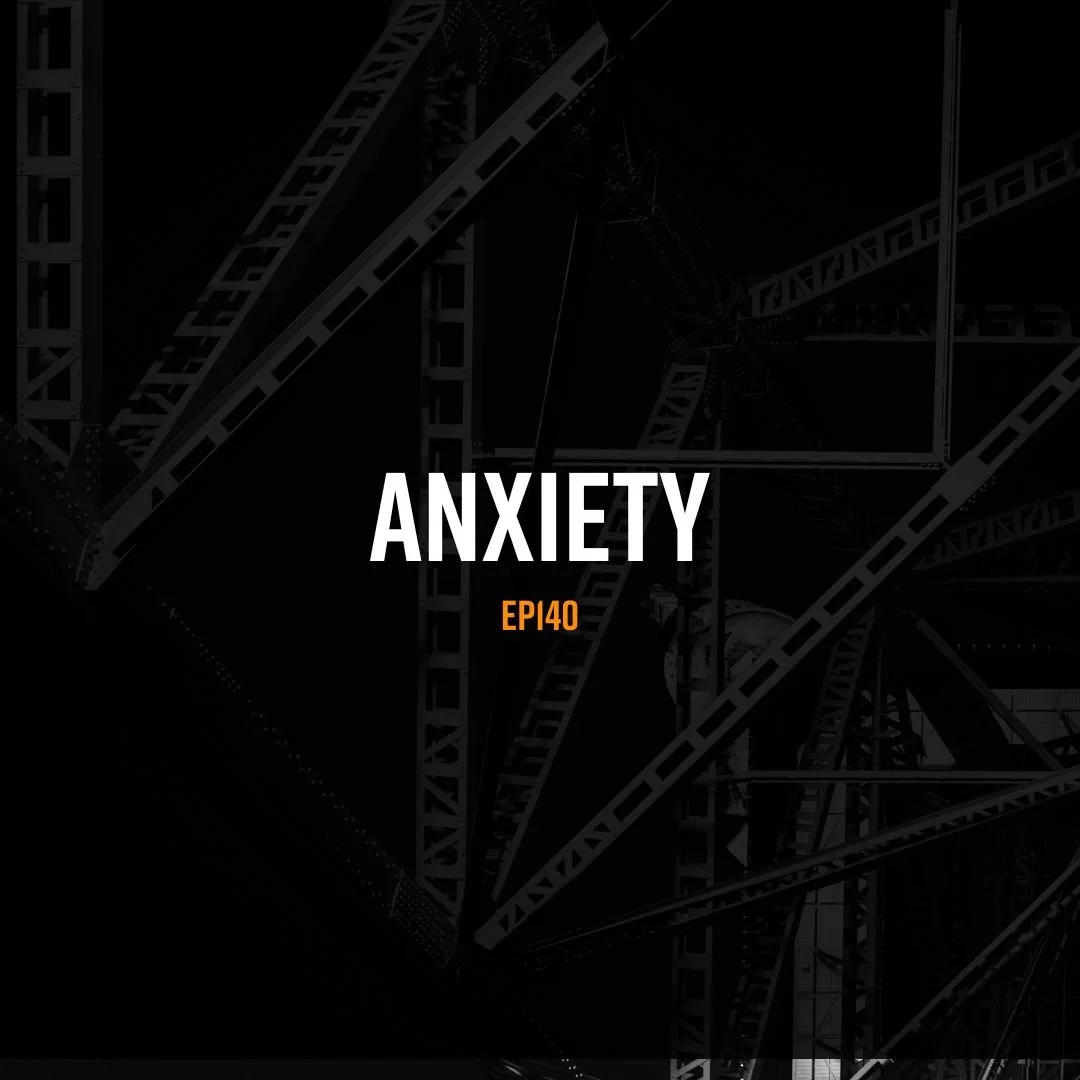Anxiety
Some people call it by name, and some people refer to it less directly, but anxiety is a real thing. And it can keep you from doing your best work and living a full life.
The experiences we describe in this episode might seem totally unfamiliar to some of you. But we’d bet that some of you are going to find yourself saying, “Hmm. Yup. I’ve experienced that…”
The anxiety we’re talking about in this episode isn’t just the general, mild sense of anxiousness and unease that arises in specific, somewhat stressful situations. We’re talking about clinically diagnosable anxiety, which often involves a racing heart rate, shortness of breath, shaky hands, nervous sweats, and inability to concentrate. It’s a physical and mental state that may keep you from functioning normally on some level.
We discuss the fact that admitting to anxiety can make you feel weak, out of control, and vulnerable. You might be hesitant to acknowledge the reality of the condition because part of the solution may be a visit to the doctor or a counselor.
Both Eddie and Tyler have experienced this sort of anxiety.
Eddie shares the fact that for several years he would feel anxious any time that he was not actively working. He wasn’t able to sleep well, and he’d find himself excessively analyzing things that didn’t need to be analyzed.
Tyler’s experiences started with music performances many years ago. It reached the point where the shaky hands and racing heart led to him avoiding performance opportunities. Then he’d find himself experiencing anger with some of the daily frustrations.
Both of us eventually spoke up about our symptoms and discovered that there are medications and other measures that can dramatically reduce the symptoms and effects of anxiety. Getting help gave us a tremendous sense of freedom.
Our advice: Be willing to admit it. Don’t assume you can wish away these symptoms. Mention it to someone you trust. Then set an appointment to discuss it with your doctor. It doesn’t mean you’re “crazy.” We go to coaches, trainers, and mentors for help in sports, construction–all kinds of areas. Why would the area of mental health be any different?
Even if you haven’t experienced anxiety of the sort that we discussed today, there’s a good chance that someone on your team or in your family has. We discuss some ideas for how you can help someone you’ve seen experiencing these symptoms. Open the door for the discussion.
Megaphone moment: There are tools that can help with anxiety. Reach out and grab them.
Here are some resources to explore if you are dealing with anxiety or depression, explore these resources:
Find a Counselor: Betterhelp.com
How Do You Know If You Have Anxiety: Signs, Symptoms, And When To Get Help?
Find Us Online: BrosPodcast.com - LinkedIn - Youtube - Instagram - Facebook - Eddie's LinkedIn - Tyler's LinkedIn
If you enjoy the podcast, please rate us on Apple Podcasts or wherever you listen to us! Thanks for listening!

